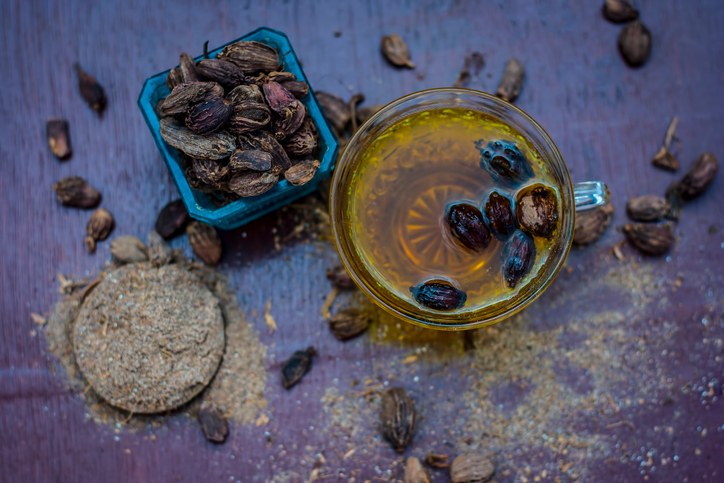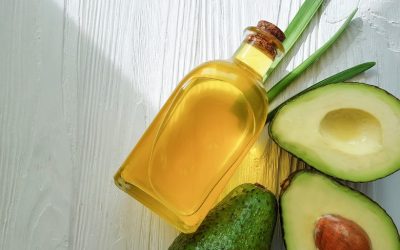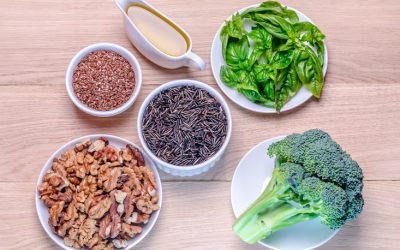Cozy Kahwa: My Favorite Homemade Tea
The beverage that I enjoy the most and probably drink the most of, is tea. I’m somewhat of a tea snob. Not a hardcore tea snob, but the kind that only drinks loose-leaf tea out of Japanese cast iron tea pots; this is the level I’m at. One kind of tea I’ve been obsessing over lately is kahwa (pronounced kaa-va).
Kahwa is a traditional tea that is enjoyed in Afghanistan, northern Pakistan, and some regions of India as well. It’s typically consumed in winter months; however, it makes for a delicious after dinner tea any time of the year. Kahwa is an herbal blend that consists of cardamom, cloves, fresh ginger, fresh mint, fennel, and cinnamon. Place all the ingredients in boiling water and let it boil for about fifteen minutes. The tea is ready when it exudes a brownish hue. The ingredients for this cozy tea can differ depending on which region you’re in. For example, in Afghanistan, adding saffron to kahwa is normal. Whereas in Pakistan, the ingredients listed above are typically used to make the tea. When my mother makes kahwa, she tells us not to eat or drink anything after having it, so we can really reap the benefits of this zesty tea. Thus, we usually have it right before bed time. Kahwa is great for opening and clearing the throat. It’s also great for digestion, which is why people usually enjoy it after dinner.
The ingredients in this tasty winter tea are good for you too! Cardamom is quite a fragrant spice known for its detoxifying properties. It’s also an anti-inflammatory agent and aids in symptoms of nausea as well. (Organic Facts, 2018) Fresh mint is most commonly known for its refreshing scent. A few other benefits of this herb include helping relieve nausea and headaches, improving oral health, and aiding in digestion. (Organic Facts, 2018) Cloves are yet another pleasant smelling ingredient in kahwa, or at least I think so. Cloves and cardamom have always smelled amazing to me, perhaps because I’ve been exposed to it my entire life in my mother’s Pakistani kitchen. Furthermore, cloves are also beneficial for oral health. One of my friends used clove oil on a toothache many times. With clove oil, it’s important to dilute it with water since it’s incredibly potent. Anyway, cloves boost immunity and aid in digestion as well. (Organic Facts, 2018)
Fennel is beneficial in terms of maintaining cholesterol levels, treating indigestion, and boosting immunity. (OrganicFacts, 2017) Fresh ginger may be helpful in reducing muscle pain and soreness and nausea as well. (Leech, 2017) Ginger also tames indigestion. Lastly, cinnamon contains antioxidants, is an anti-inflammatory spice, and has been shown to reduce blood pressure. (Leech, 2017) Interestingly enough, almost all of the ingredients share similar properties; making this tea quite a healthy elixir!
References
Leech, Joe (2017) Healthline. 11 Proven Health Benefits of Ginger Retrieved from: https://www.healthline.com/nutrition/11-proven-benefits-of-ginger
(2017) Organic Facts. 15 Impressive Fennel Benefits Retrieved from: https://www.organicfacts.net/health-benefits/herbs-and-spices/health-benefits-of-fennel.html
Leech, Joe (2017) Healthline. 10 Evidence Based Health Benefits of Cinnamon Retrieved from: https://www.healthline.com/nutrition/10-proven-benefits-of-cinnamon
(2018) Organic Facts.13 Impressive Health Benefits of Mint Retrieved from: https://www.organicfacts.net/health-benefits/herbs-and-spices/health-benefits-of-mint.html
(2018) Organic Facts 13 Surprising Benefits of Cloves Retrieved from: https://www.organicfacts.net/health-benefits/herbs-and-spices/health-benefits-of-cloves.html
Organic Facts (2018) 11 Amazing Benefits of Cardamom Retrieved from: https://www.organicfacts.net/health-benefits/herbs-and-spices/health-benefits-of-cardamom.html



